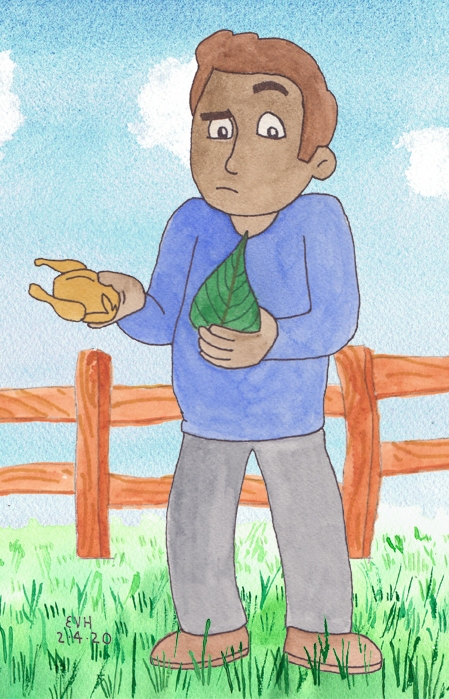
Jataka 214
Puṇṇa Nadī Jātaka
Rivers at Flood
as told by Eric Van Horn
originally translated by William Henry Denham Rouse, Cambridge University
originally edited by Professor Edward Byles Cowell, Cambridge University
This is a story that is steeped in ancient Indian sayings and lore. I have done my best to make sense of it. As in a number of stories, the Bodhisatta is an advisor to the King. But conspirators cause his good name to be sullied, and he is sent away. When the King realizes the error of his ways, he chooses to test the Bodhisatta by challenging him to solve a riddle. If he solves it this will reveal his true wisdom and also bring his advisor back to the King.
“That which can drink.” The Master told this story while he was staying at Jetavana. It is about perfect wisdom.
On one occasion, the monastics were gathered in the Dharma Hall They were discussing the Buddha’s wisdom. “Friend,” they said, “the Supreme Buddha’s wisdom is great, wide, cutting, quick, sharp, penetrating, and resourceful.” The Master came in and asked what they were discussing as they sat there together. They told him. “Not only now,” he said, “is the Buddha wise and resourceful. He was likewise in days gone by.” And then he told them this story from the past.
Once upon a time, when Brahmadatta was the King of Benares, the Bodhisatta came into the world as the son of the court chaplain. When he grew up, he studied at Takkasilā University. When his father died he received the office of chaplain, and he was the King’s advisor in all things worldly and spiritual.
At one time the King listened to agitators who conspired against the Bodhisatta. In anger he ordered the Bodhisatta to never show his face in court again and sent him away from Benares. So the Bodhisatta took his wife and family with him and went to a village in Kāsi.
Later, however, the King reflected on the Bodhisatta’s goodness and regretted his actions. He wanted to make amends. But he wanted to test the Bodhisatta to see if he were truly wise. He said to himself, “It is not proper that I should simply send a messenger to fetch my teacher. I will compose a verse of poetry and write it on a leaf. Then I will have some crow’s flesh cooked. After I have tied up the letter and meat in a white cloth, I will seal it with the King’s seal and send it to him. If he is wise, when he reads the letter and sees the crow’s meat, he will come. But if he is not wise, he will not come.” And so he wrote this stanza on the leaf:
“That which can drink when rivers are in flood,
That which the corn will cover out of sight,
That which forebodes a traveler on the road—
Oh wise one, eat! My riddle read aright.”
(“That which can drink when rivers are in flood” references an Indian saying that says that when a river is in flood, the water is high enough that a crow can drink from it. “That which the corn can cover” likewise references corn that is tall enough to hide a crow. And the third line refers to an Indian saying that when a crow calls a traveler is coming.)

Figure: Pondering the King’s Riddle
The King wrote this verse on a leaf and sent it to the Bodhisatta. He read the letter and thought, “The King wants to see me,” he repeated the second verse:
“The King does not forget to send me crow,
Geese, herons, peacocks… other birds there are,
If he gives one, he’ll give the rest, I know,
If he sent none at all, would be worse by far.”
(“When the King gets crow’s flesh he remembers to send some. Surely he will remember when he gets geese, etc.” This passage is somewhat obscure, but the gist of it is that the Bodhisatta understands that the King wants him to return.)
Then he ordered his chariot to be prepared. He went back to Benares and presented himself before the King. The King was pleased, and he restored him to his position as the King’s chaplain.
This discourse ended, the Master identified the birth: “Ānanda was the King in those days, and I was his chaplain.”
